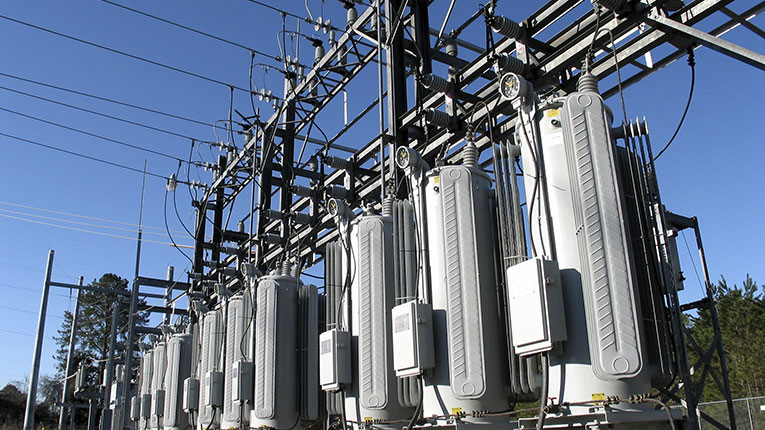The Association of Large Energy Consumers in Romania (ABIEC) welcomes the Romanian Government’s decision to grant compensation for indirect costs with emissions borne by energy-intensive companies in 2021. The compensation was carried out in accordance with Emergency Ordinance no. 138/12.10.2022, for the establishment of the support scheme for industrial sectors exposed to the relocation of carbon emissions as a result of the indirect costs of emissions included in the price of electricity, according to a press release sent to Energynomics.
“In the current extremely turbulent international economic context, the application of this support scheme is a breath of fresh air for Romanian companies heavily affected by energy costs”, said Marian Năstase, President of the Association of Large Energy Consumers in Romania (ABIEC). “The granting of compensation by the Romanian authorities confirms their concern for the economic stability of the country and for the use of all the instruments offered by European legislation to maintain the competitiveness of Romanian companies. This helps us to continue our activity according to the same principles and regulations as our competitors in the European Union”.
The support scheme, adopted by emergency ordinance no. 138/12.10.2022, transposes the European Commission’s Guide on certain support measures in the context of the greenhouse gas quota trading system, after 2021, until 2030.
According to the rules of the EU-ETS Support Guide, the source of funds for compensation comes from the auction of greenhouse gas emissions certificates assigned to Romania by the EU. Consequently, the application of the support scheme has no impact on the energy costs borne by the rest of the Romanian consumers.
ABIEC encourages the competent authorities to continue their efforts to find concrete support measures to mitigate the negative consequences on industry caused by the massive increases in electricity and natural gas prices and to support industrial sectors to cope with these steep cost increases and to continue the activity. This is because some of the ABIEC members (such as the glass, gypsum, mineral wool and cement industries), although they are energy-intensive industries, do not benefit from the compensation scheme.

